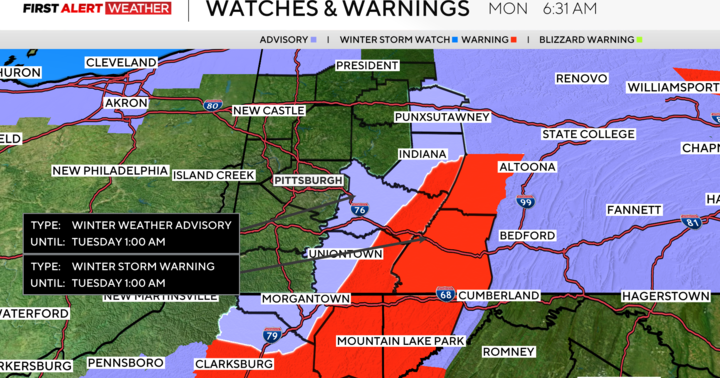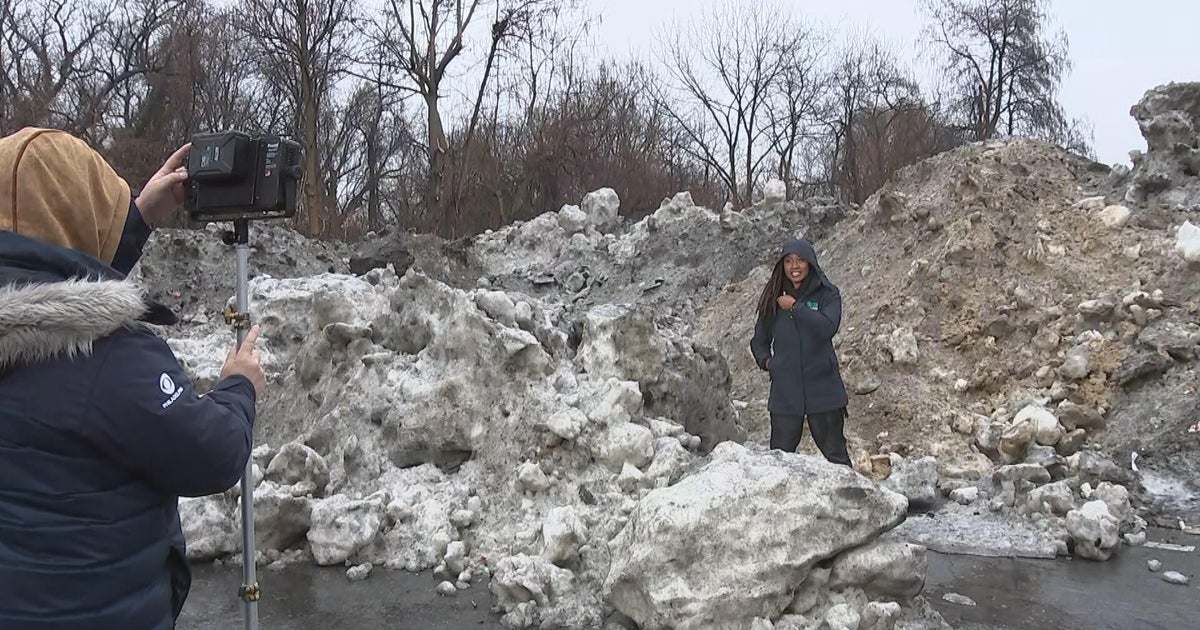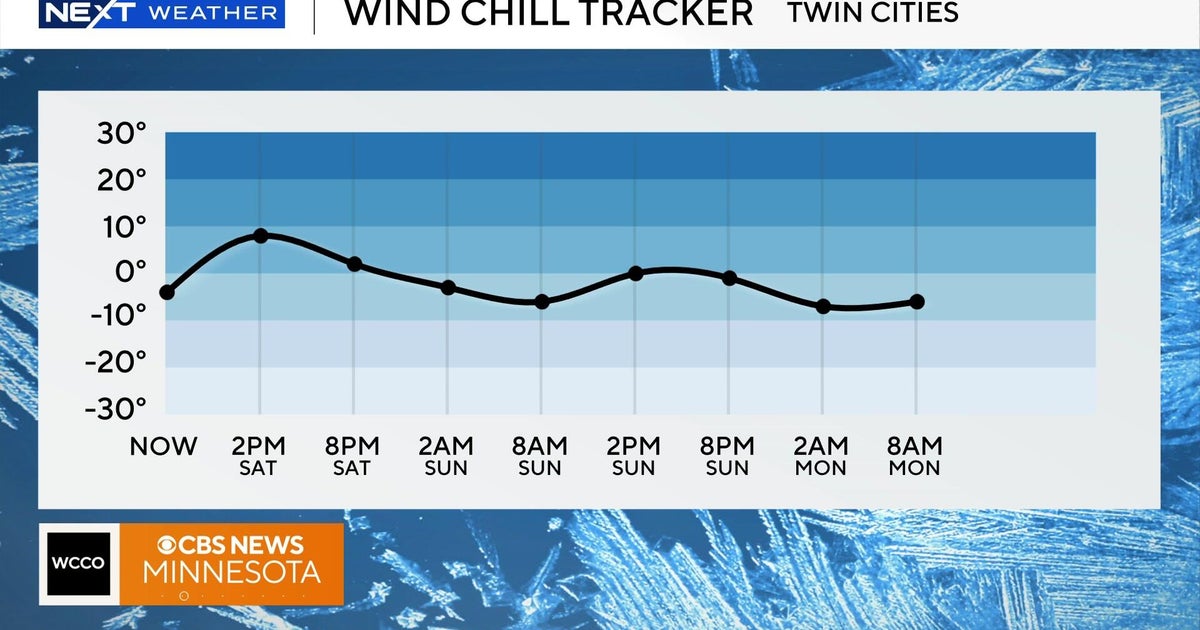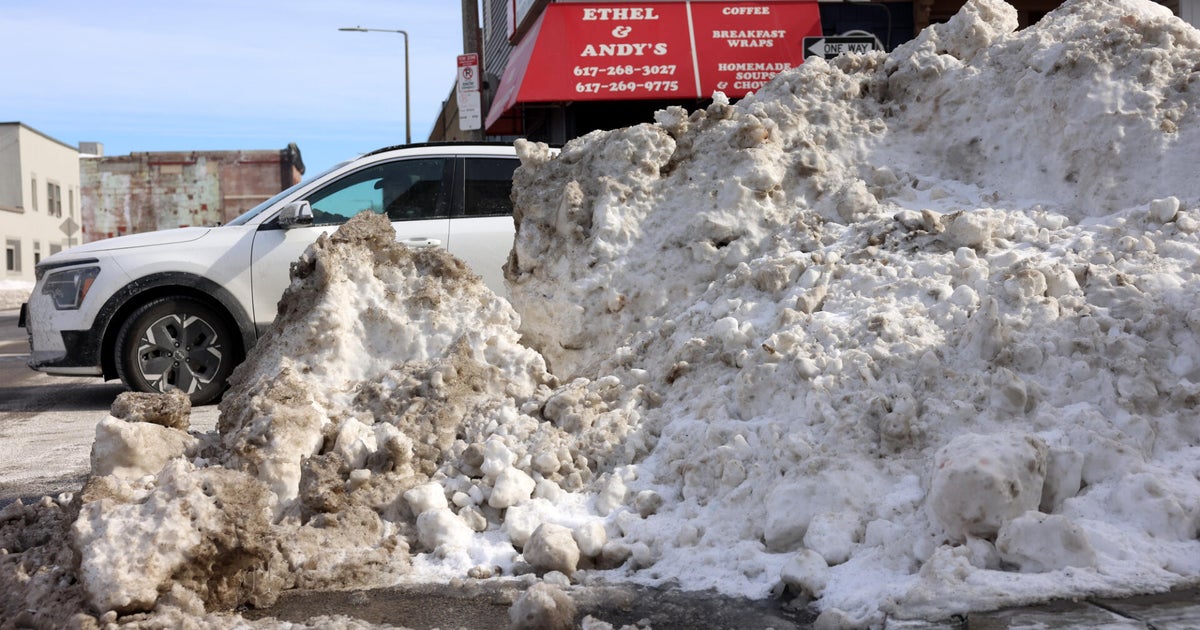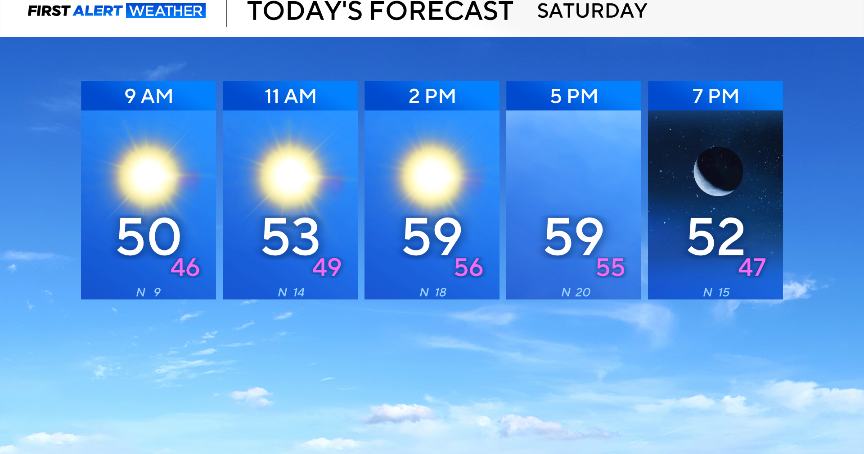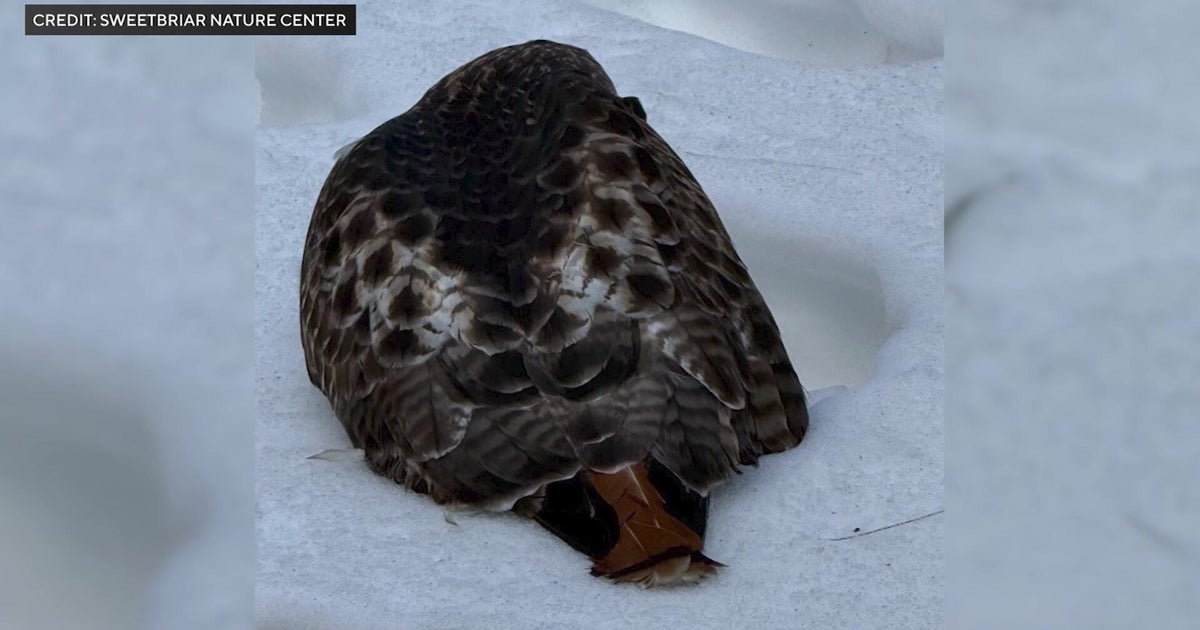What happened to winter? Boston continues to trend less snowy and cold
BOSTON - Winter, we hardly knew ye. Again. Thursday brings a close to climatological winter, which runs December 1 through the end of February.
Even though we got an extra day of it this time around thanks to a leap year, we didn't pay the price. In fact, you could make the case that this has been the easiest pair of back-to-back winters in Boston's recorded history.
Good for your salt and plowing budgets? Absolutely. Heating bills? Certainly helped. But it is all part of an overall trend that, rough winter or two aside, has led to much more tame cold seasons. Winter is the fastest warming season of all in New England, with December and February being the two most rapidly changing months of the year. This year was no exception, and here are all the numbers to prove it.
Are Boston winters warming?
Let's start with the cold, or lack thereof. In that regard, winter was essentially that one week in January coming off of MLK Day. During that week Boston had five subfreezing days, which turned out to be the only subfreezing days for the entire season. It was the first time on record there weren't any at all during the month of February, and frankly not even close (the lowest high was 35 degrees).
The coldest temperature reached all season in Boston was 14 degrees. Which, while not Palm Beach, is not exactly punishing extreme weather. Every other year on record, dating to at least 1872, had a night colder than 14 degrees. And at Blue Hill Observatory, this was the first winter on record without a single night in the single digits.
This translated to a fairly startling lack of ice, which any ice fishing enthusiast can corroborate. The only comp for the lack of ice seen is the winter of 2001-02. That year, Lake Winnipesaukee never had ice-in. This year, the lake only had one brief day of thin ice-in before starting to clear back out. Many ponds around Boston never froze over, nor did Lake Champlain in Vermont where an annual hockey tournament was canceled, or Lake George in upstate New York.
Overall, it wasn't the top warmest winter by average temperature in Boston. It came in at seventh place. But seven of the eight warmest winters have all occurred since 2001. It just isn't what it used to be. And while Boston wasn't in the top position, several locations of northern New England did see their warmest on record. The Lower 48 as a whole also had their warmest winter on record.
Little snow in Massachusetts
How about the snowfall side of the story? Well, I'm still working on the same bag of salt I got at the beginning of *last* winter, if that's any indication. The biggest storm of the season was one that generally only impacted towns northwest of Boston back in early January. It did produce 12-18" of snow in the jackpot zones, but only a few inches in Boston and even less south of the city.
We of course know it can still snow in March and April (and sometimes May) so the books won't close on the season for a while yet. But if Boston fails to receive nearly 11" of snow from mid-March onward, then it will be the first time on record the city has had back-to-back winters with less than 20" (last season had 12.4").
The whole recent run of winters has been very paltry in the snow department. Over the past five seasons Boston's average is 26.1", which is the lowest for any five-year stretch on record. It's been over two years now since the city had a 4" or greater snowfall, also a record.
The wildest stat of all to me is that we've only averaged three 2"+ snowfalls a season over the past five years. Just three days a winter that we've had to think about plowing or shoveling.
What's the future of winter in Massachusetts?
Does snowfall come in cycles? Certainly. There are decadal periods of boom or bust, and we were just coming out of an epic boom in the 2010s. Reversion back to the mean was inevitable and I'm not surprised at all that we've had a weak stretch. The 1980s were famously snowless, so it does happen. That said, the 1980s also had a lot of very cold winters. That part of the equation is walking out of the building as the climate continues to warm. Recently it's just been mild *and* with minimal snow instead.
The wild, off the charts winter of 2014-15 was like one big going away party for extreme cold and snow. It was the last time Boston had a colder than average winter, nearly a decade ago. The last time Boston's average winter temperature was under 32 degrees, something that used to happen 60% of the time but now hasn't happened in the nine years since.
Do I think winter is doomed? No, we'll still have big snowstorms and colder winters in the mix. But the general temperature trendline will continue to go up, which continues to affect how long snow sticks around for, how much ice we have to play on, and what plants and animals move in and out over time.

